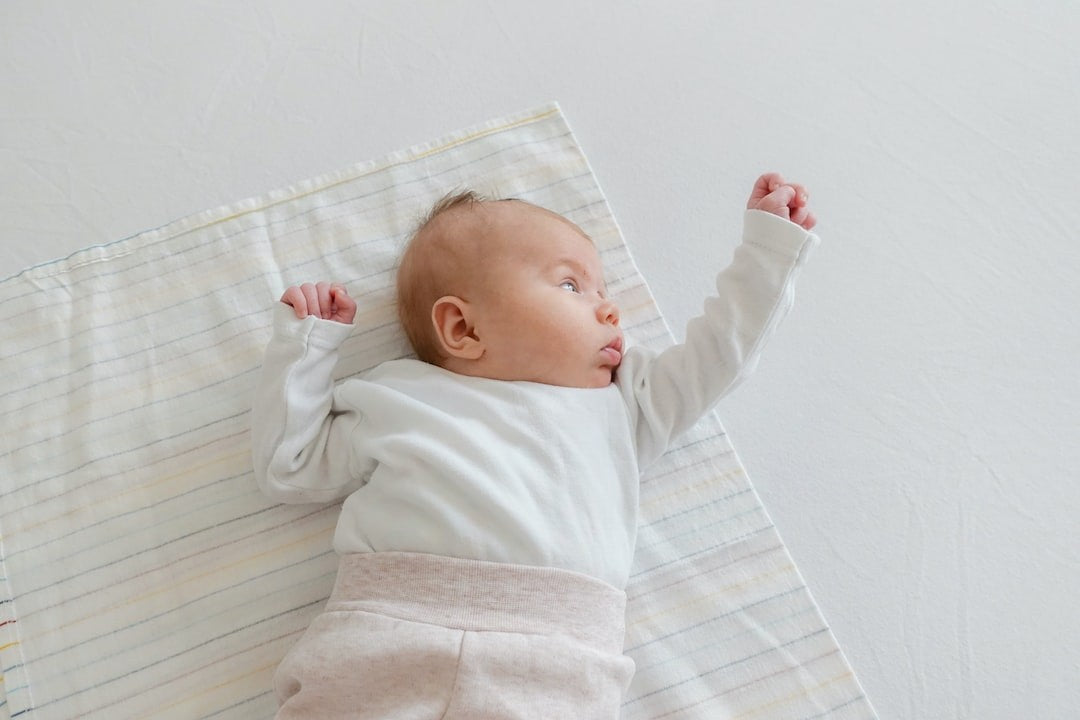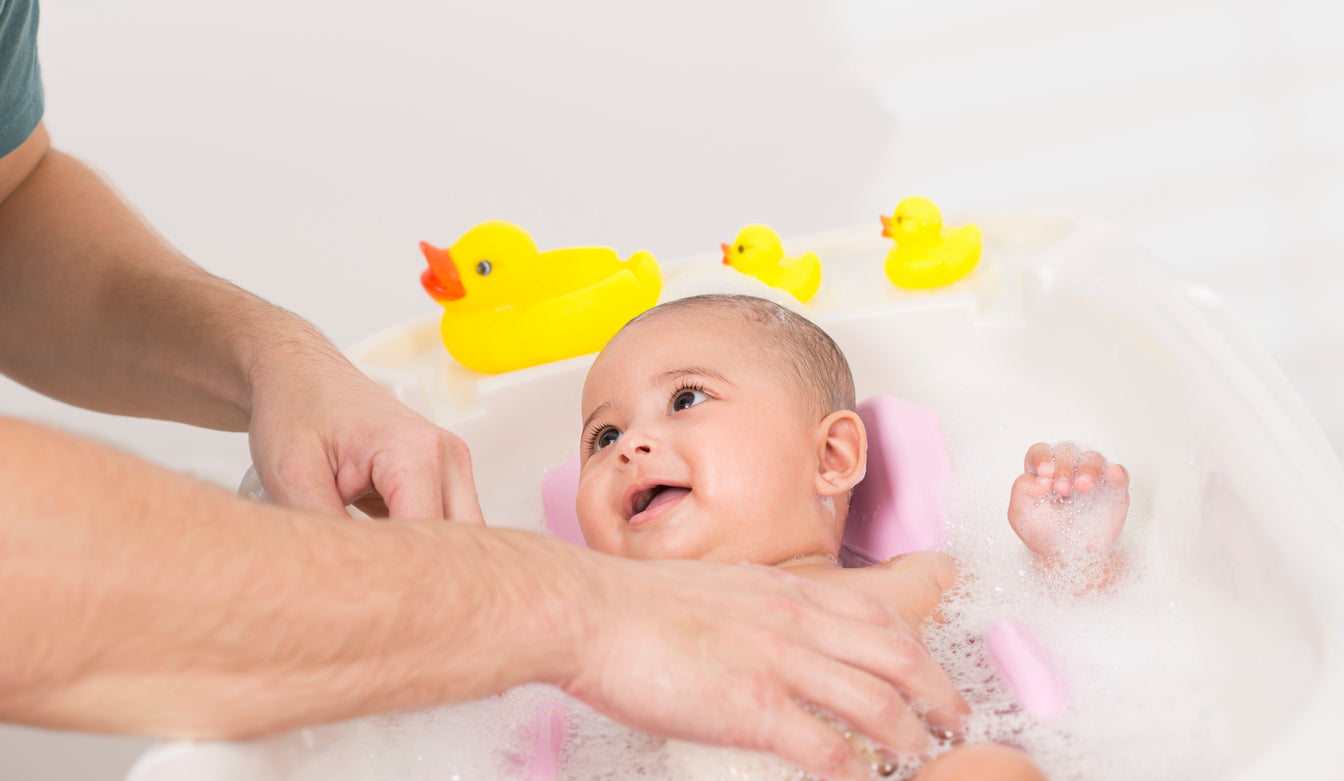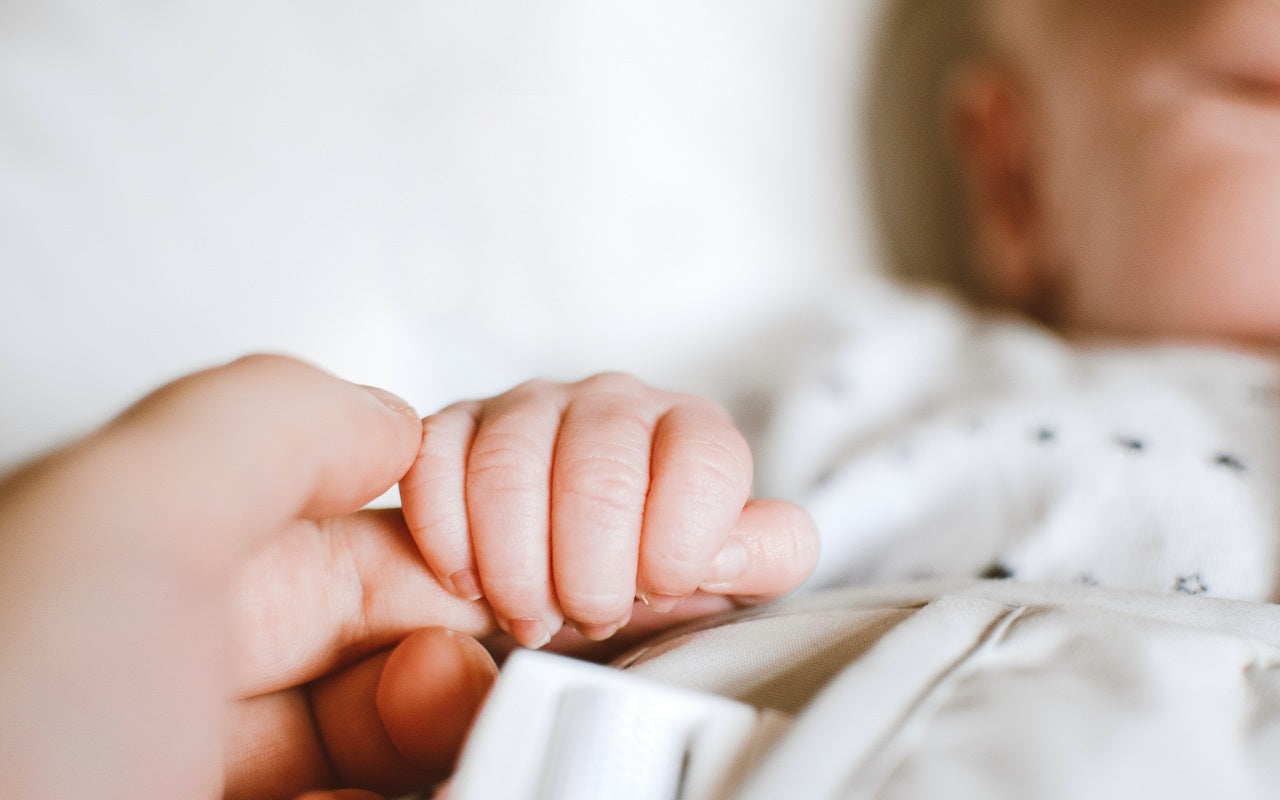
Evolution of hygiene from 0 to 5 years
Hygiene is an important aspect of the health and well-being of all human beings , and this is especially true for infants and toddlers. Over the years, children's hygiene evolves significantly, and it is important to understand this evolution in order to better take care of the health of our young people.
During the first weeks of life, infants need particularly careful hygiene to avoid infections and health problems. This includes frequent use of wipes and gentle face and body cleansers, as well as regular diaper changes to prevent skin irritation and infection. It is also important to wash your hands thoroughly before touching an infant, to reduce the risk of transmitting infections.
As children grow and become more mobile, they need more autonomy to take care of themselves. This may include learning oral hygiene by brushing and flossing, as well as learning personal hygiene by washing hands and face independently. Children can also learn to wash their hair and change themselves as they grow and become more independent.
Children's hygiene is not only about their own body, but also about their environment. Kids can learn how to clean their room and put their things away to maintain a clean and organized environment. They can also learn how to sort waste and dispose of it properly to save the environment.
Here is how the personal hygiene of infants and toddlers changes over time:
- Infants (0 to 3 months):
- Face and body cleansing with wipes and mild cleansing products
- Regular diaper changes to prevent skin irritation and infection
- Wash hands thoroughly before touching an infant to reduce the risk of transmitting infections
- Gum cleaning with a toothbrush or soft cloth to prevent cavities and promote tooth growth
- Babies (4 to 12 months):
- Learning about personal hygiene by washing hands and face (with accompaniment)
- Potty training using a potty or disposable diaper
- Use of gentle, baby-friendly care products for brushing teeth and cleaning the skin
- Learning the importance of washing hands before eating and after using the toilet
- Toddlers (1 to 2 years old):
- Learning oral hygiene by brushing teeth and flossing
- Learning about daily personal hygiene (shower or bath, brushing teeth, etc.)
- Use of child-friendly oral care products (toothbrushes, toothpaste, etc.)
- Learning to brush teeth twice a day (morning and evening)
- Older children (3 to 5 years old):
- Practice daily personal hygiene independently
- Learning the importance of changing clothes and underwear daily
- Learning the importance of brushing your teeth three times a day (morning, noon and evening) and using dental floss
- Use of mouthwash or bath
After 5 years, your child will have already acquired a certain autonomy which will only increase from year to year (Apart from the small regression in terms of hygiene which will undoubtedly happen in adolescence 😜)





Leave a comment
This site is protected by hCaptcha and the hCaptcha Privacy Policy and Terms of Service apply.